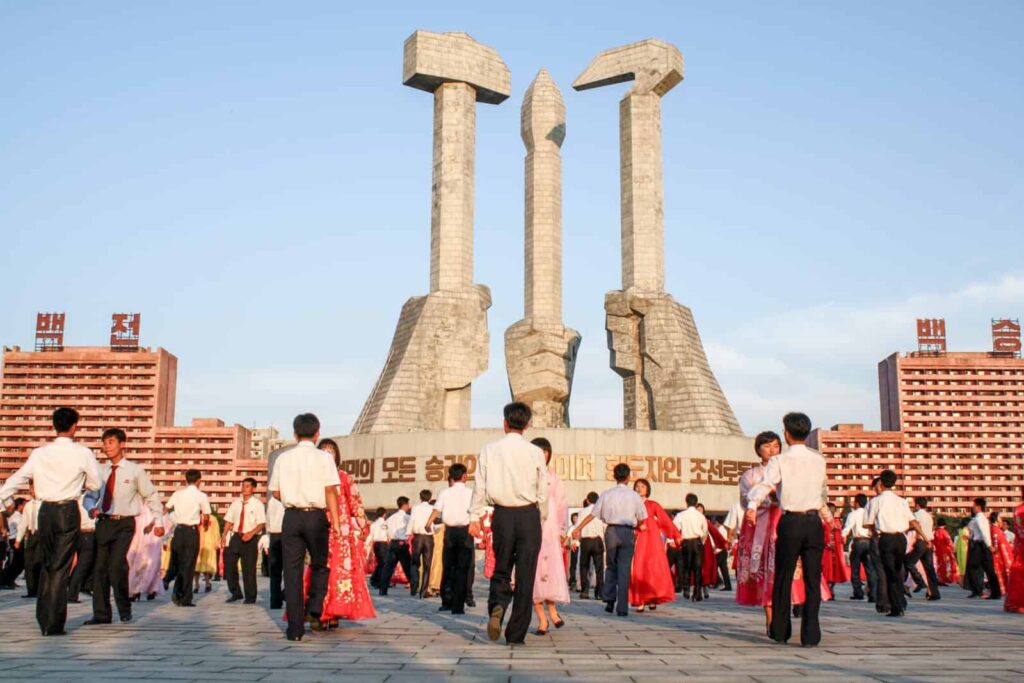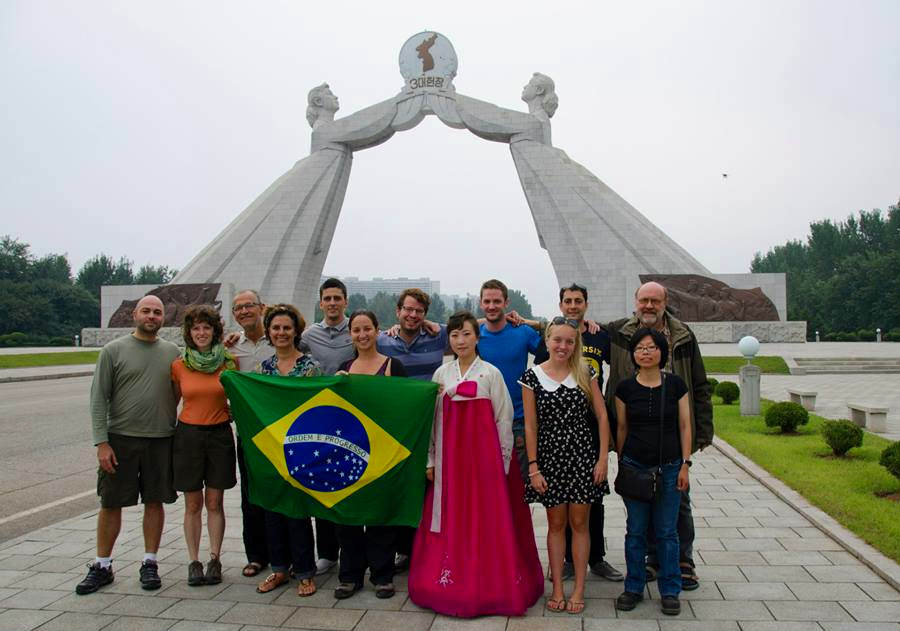

North Korea’s adoption of a new law on tourism is a significant development with implications for the country’s economy, politics, and international relations. The law aims to revitalize domestic tourism and expand international tourism while ensuring the convenience of tourists and proactively protecting the ecological environment. It is the first time that a general law has been institutionalized, applicable to every region in North Korea. The law is understood to be a preliminary measure in preparation for the revitalization of domestic and international tourism following the complete reopening of North Korea’s borders.
The adoption of the law on tourism is influenced by economic concerns. North Korea’s economy has vastly deteriorated due to strong sanctions enforced by the international community, leading to people dying of starvation as a result of stringent measures to close its borders in response to COVID-19. The tourism industry is a relatively cost-effective industry in North Korea where lack of technology and infrastructure is evident. Furthermore, tourism is vital for elevating Kim Jong-un’s accomplishments since it is the industry that he has strategically developed since he took power. The tourism industry is a vital economic driver for North Korea, and the adoption of the law on tourism is aimed at revitalizing it.
There is also a political aspect to the adoption of the law on tourism. The law will also revitalize domestic tourism, and North Korea may be hoping that what they call «free tourism» will partially alleviate dissatisfaction among the public, which was caused by social controls, including restrictions on travel across regions due to COVID-19, and lead to increased stability of its system. The law on tourism has an external aspect as well. Kim Jong-un is trying to cultivate an image of North Korea as a normal state of the international community. In this context, using the phrase «proactively protecting the ecological environment» can be interpreted as an attempt to demonstrate to the international community that North Korea is committed to participating in efforts to achieve carbon neutrality at a global level.
However, the law’s intended economic effects may be difficult to achieve due to continued sanctions on North Korea. Moreover, North Korean residents cannot enjoy freedom of movement due to strong social control by the regime, making it next to impossible for them to benefit from the law on tourism. This means the law on tourism is likely to increase social unrest since only privileged citizens are poised to have access to its benefits.
Although North Korea needs a large number of foreign tourists to earn foreign currency, this can create a more concerning situation for the regime. Complete reopening of the border and increased tourism will result in mutual interactions between North Koreans and foreign tourists at major North Korean tourist locations. This implies that the likelihood of North Koreans being exposed to outside information and foreign culture may increase. North Korea has already prepared institutional measures to prevent this worrying situation. Strong criminal punishment for an act of importing and spreading outside information and foreign culture to North Korea has been stipulated by enacting a series of laws. Through these laws and regulations, North Korea strictly controls over access to outside information so that its people will continue to stay away from it.
The adoption of the law on tourism signals a higher level of external openness, but it is limited by the sanctions on the authoritarian regime. Foreign tourists that North Korea can expect to attract will mostly be from friendly countries such as China and Russia, as well as North Koreans living overseas or diasporas. Based on enhanced political and military cooperation with China and Russia, North Korea is likely to pursue economic and tourism cooperation with these traditional allies. Moreover, North Koreans overseas were included as eligible people for tourism in the law on the Mt. Kumgang special zone for international tourism adopted in 2011, and it can be anticipated that North Koreans overseas will also be included as eligible in the newly adopted law. If so, there is a need for the international community to devise measures to send information about the outside world to North Korean society through Chinese, Russian, and North Korean overseas tourists.
In conclusion, the adoption of the law on tourism in North Korea is a significant development that has implications for the country’s economy, politics, and international relations. The law aims to revitalize domestic tourism and expand international tourism while ensuring the convenience of tourists and proactively protecting the ecological environment. However, the law is limited by the sanctions on the authoritarian regime, and it is next to impossible for North Korean residents to enjoy its benefits. The adoption of the law on tourism signals a higher level of external openness, but it is limited by the sanctions on the authoritarian regime.
